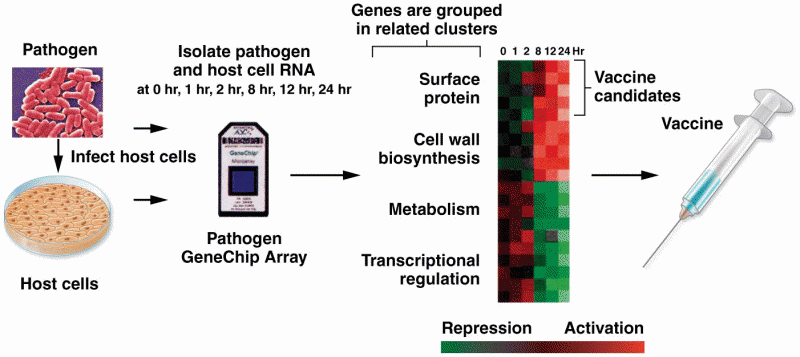|
|
|
The first successful kidney transplant was performed in 1954 and occurred in Boston. A kidney from an identical twin was transplanted into his dying brother's body and was not rejected because it did not appear foreign to his body.
In 2006, a generic antinausea drug named ondansetron was approved. It is used to stop nausea and vomiting associated with surgery, chemotherapy, and radiation therapy.
According to the FDA, adverse drug events harmed or killed approximately 1,200,000 people in the United States in the year 2015.
All adverse reactions are commonly charted in red ink in the patient's record and usually are noted on the front of the chart. Failure to follow correct documentation procedures may result in malpractice lawsuits.
If all the neurons in the human body were lined up, they would stretch more than 600 miles.
 Formation of additional eyes in Drosophila caused by the abnormal expression of a master control gen
Formation of additional eyes in Drosophila caused by the abnormal expression of a master control gen
 From your experiences in grade school, can you tell if or how your teachers unintentionally helped ...
From your experiences in grade school, can you tell if or how your teachers unintentionally helped ...





